- Learning time
- 5 minutes
- First play time
- 40 minutes
Call to Glory
Designed by: Michael Schacht
Call to Glory is simple card game of set collection. The deck is made up of various sets of cards that come in a certain number – there are seven sevens, eight eights and so on, right the way up to twenty.
Players start with a few cards each and in the centre of the table the remaining cards are divided into two draw decks, with space for two discard decks to grow between them. On your turn you pick up two cards; from any combination of the two draw decks or one of the face-up discard piles. Then you discard one card. You may then choose to lay a set to the table in front of you – a set can be any amount of cards from two upwards. If you still have these sets at the end of the round, they’ll score the point value: so a set of the numeric 20 cards would be worth twenty points, whether you had just two or all twenty. But if any other player lays a larger set of the same numeric value cards down before the end of the round, your set goes into the discard piles.
So it’s harder to get (and keep) a set of the higher value cards, as there are more of them floating around. The game continues for a certain number of rounds depending on how many players there are, and then the player with most points wins.
As well as the basic game described above, there are also one or two variants included in the box: specific cards that reward you for collecting particular sets of cards, and ninjas (actual 3D models rather than cards) that can be used to steal a card from your opponents.
The guru's verdict
-
Take That!
Take That!
Gambling on putting a set down and having it outscored by somebody else could conceivably leave younger players downhearted, but there's no real targeting unless you incorporate the ninja rule, which is optional anyway.
-
Fidget Factor!
Fidget Factor!
Very low. Each turn only takes a few seconds.
-
Brain Burn!
Brain Burn!
Nothing to agonize over. Call to Glory plays fast.
-
Again Again!
Again Again!
Really simple rules, and optional extras that can be added - or not - after playing through the game once. There is perhaps less variation in replaying than there might be in some games - it's about set collecting, basically - but the cards ensure randomness.

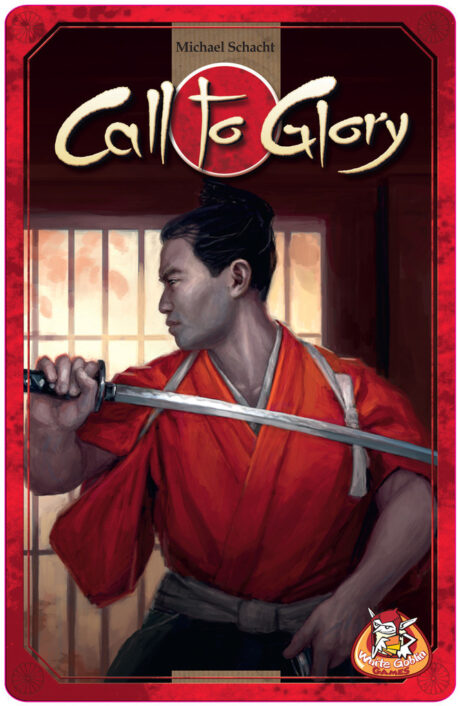

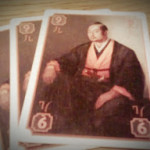
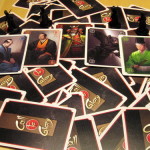
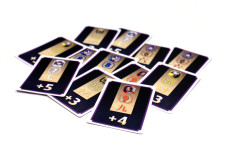


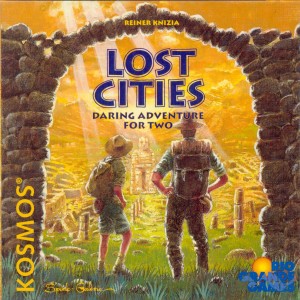
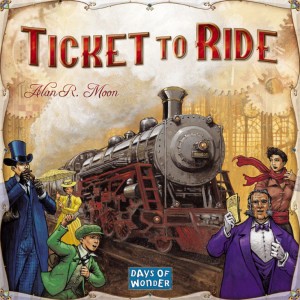
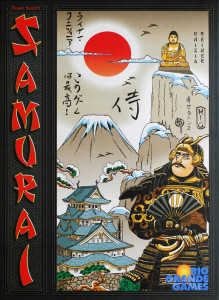
Sam says
Call to Glory balances the collecting mechanic with the opportunity for messing with each other, so that's quite neat. The variants give a bit of spice too. But for a game about collecting sets of numbers I do feel it's a little long for what it is. Card games such as Poison or High Society offer more tension, and Colossal Arena more interaction.